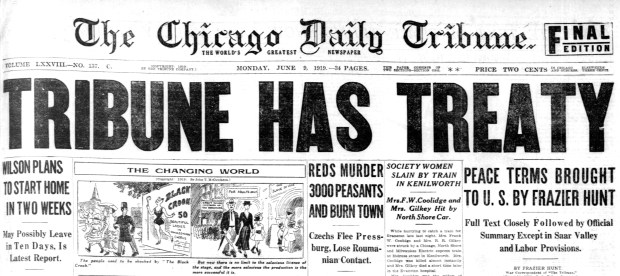South Elgin resident Marcia Guereca has a lot of questions about the U.S. Army Corps’ Fox River Connectivity and Habitat Study, which recommends that waterway’s nine dams be removed.
Guereca has read the entire study, filed Freedom of Information Act requests to obtain more information, talked with local elected officials and attended meetings at which Army Corps representatives and Friends of the Fox have said dam removal will restore the river’s natural flow and improve its ecosystem.
But Guereca says she fears the removal will do more harm than good and worries that the Army Corps’ decision to step back and take a more holistic look at its initial recommendation ultimately won’t cause them to reverse course on their original plan.
“They have their minds set on what they want to do,” she said. “I think they are dotting their i’s and crossing their t’s because there are a lot of questions being raised.”
Among them are concerns raised by the city of Elgin about changes to the river’s depth, width, flow and sedemintation.
Guereca wants the Army Corps “to know we’re keeping a close eye (on what’s happening.)”
As a South Elgin homeowner with property along the Fox River, she is among a group of neighbors who joined forces to form a South Elgin chapter of the Guardians of the Fox River. There are similar chapters in St. Charles and Geneva with whom they are collaborating.
“It’s literally a bunch of neighbors who are passionate about it and are taking action to make sure our voices are heard,” Guereca said.
The group, which recently posted a video featuring a Captain Jack Sparrow-lookalike frolicking near the South Elgin dam, has been trying to spread information and advocate for the existing ecosystem.
“The dam situation is very complex,” Guereca said. “It’s not just a black-and-white issue. It’s multifaceted. There’s a lot of gathering information and sharing resources. We’re trying to figure out what’s going on.
“I really want people to understand what’s at stake,” she said.
Guereca believes the Fox River’s wildlife and public health are at stake.
Those who favor dam removal argue that the man-made structures damage the river’s ecosystem, but Guereca says those on the opposing side worry about what removing them will do to fish, ducks, geese and other wildlife, especially the bald eagle, which is often seen along the waterway.
The Bald and Golden Eagle Protection Act and the Migratory Bird Act doesn’t allow changes to their habitat areas, which means laws protecting the species should be considered when deciding whether to remove the dam, she said.
Guereca also questions what happens when the river’s channel narrows after the dam is gone.
The Fox River is currently 300 feet wide, but data says removing the dam will reduce that by half.
“Once it shrinks, what happens to that exposed sediment,” Guereca said.
It’s been documented that the sediment has toxins in it, which, if exposed, could create a whole set of new issues, something not addressed in the Army Corps report, she said. “What does that do for the health of the community,” she said.
There are other options besides dam removal, Guereca said.
For example, the nonprofit Urban Rivers group used federal money to create floating habitats on the Chicago River to help encourage ecological restoration, described as a first-of-its-kind endeavor on its website.
“Why can’t we mimic something like this? Why can’t we show our innovation?” Guereca said, adding that the Corps could work with research groups, universities, or environmental organizations to develop new ideas to protect the Fox River.
Friends of the Fox have tried getting rid of the dam for about 20 years, she said, and it’s now “something that’s become an action plan,” she said.
Guereca wants people to know there are a lot of strong feelings on both sides of the issue.
“I think water is very spiritual. I think there’s a religious undertone of taking care of what you have,” she said. “We care so much that we are not blinded by what people say who are trying to push their agenda. … I’m trying to empower our community to raise its voice.”
Gloria Casas is a freelance reporter for The Courier-News.




